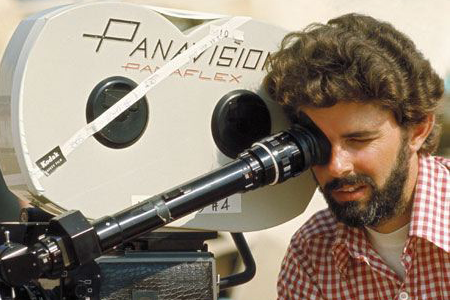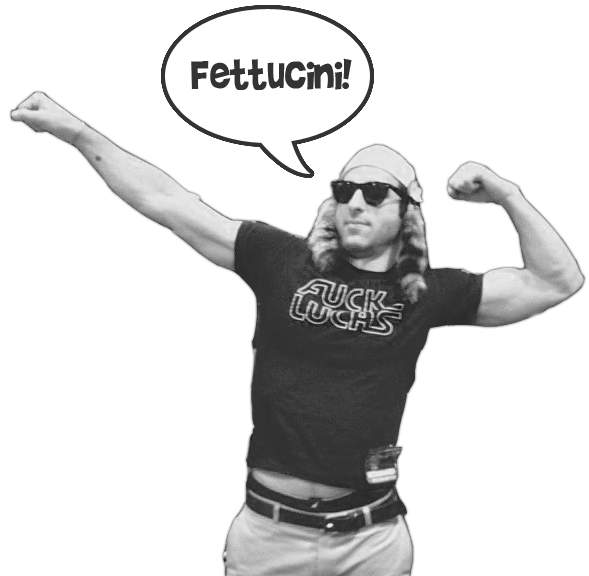George Lucas Spoke Out Against Changing Films In 1988. Body Snatched, IMO.
Last George Lucas post of the day. I promise. This one is too delicious to pass up. Earlier this summer, Steven Spielberg said he regretted making changes to E.T. and spoke out against digital changes in general. I said, derpa!, George needs his friend to talk some sense into it. Well it turns out Lucas understood this concept.
Back in 1988.
Slashfilm:
On March 3, 1988, George Lucas was one of those filmmakers who spoke in front of Congress. The same George Lucas who, in the two decades since, has continually tinkered with his signature Star Wars films from the Special Editions through the prequels and right up to the Blu-rays, which caused massive mainstream controversy this week due to new changes including a digital Yoda and Darth Vader’s new dialogue. But on that day, 23 years ago, Lucas delivered a rousing speech that condemned exactly what he’d end up doing himself.
His Speech:
My name is George Lucas. I am a writer, director, and producer of motion pictures and Chairman of the Board of Lucasfilm Ltd., a multi-faceted entertainment corporation.
I am not here today as a writer-director, or as a producer, or as the chairman of a corporation. I’ve come as a citizen of what I believe to be a great society that is in need of a moral anchor to help define and protect its intellectual and cultural heritage. It is not being protected.
The destruction of our film heritage, which is the focus of concern today, is only the tip of the iceberg. American law does not protect our painters, sculptors, recording artists, authors, or filmmakers from having their lifework distorted, and their reputation ruined. If something is not done now to clearly state the moral rights of artists, current and future technologies will alter, mutilate, and destroy for future generations the subtle human truths and highest human feeling that talented individuals within our society have created.
A copyright is held in trust by its owner until it ultimately reverts to public domain. American works of art belong to the American public; they are part of our cultural history.
People who alter or destroy works of art and our cultural heritage for profit or as an exercise of power are barbarians, and if the laws of the United States continue to condone this behavior, history will surely classify us as a barbaric society. The preservation of our cultural heritage may not seem to be as politically sensitive an issue as “when life begins” or “when it should be appropriately terminated,” but it is important because it goes to the heart of what sets mankind apart. Creative expression is at the core of our humanness. Art is a distinctly human endeavor. We must have respect for it if we are to have any respect for the human race.
By his own admission, Lucas is both a barbarian and someone with no respect for the human race. Outstanding.





